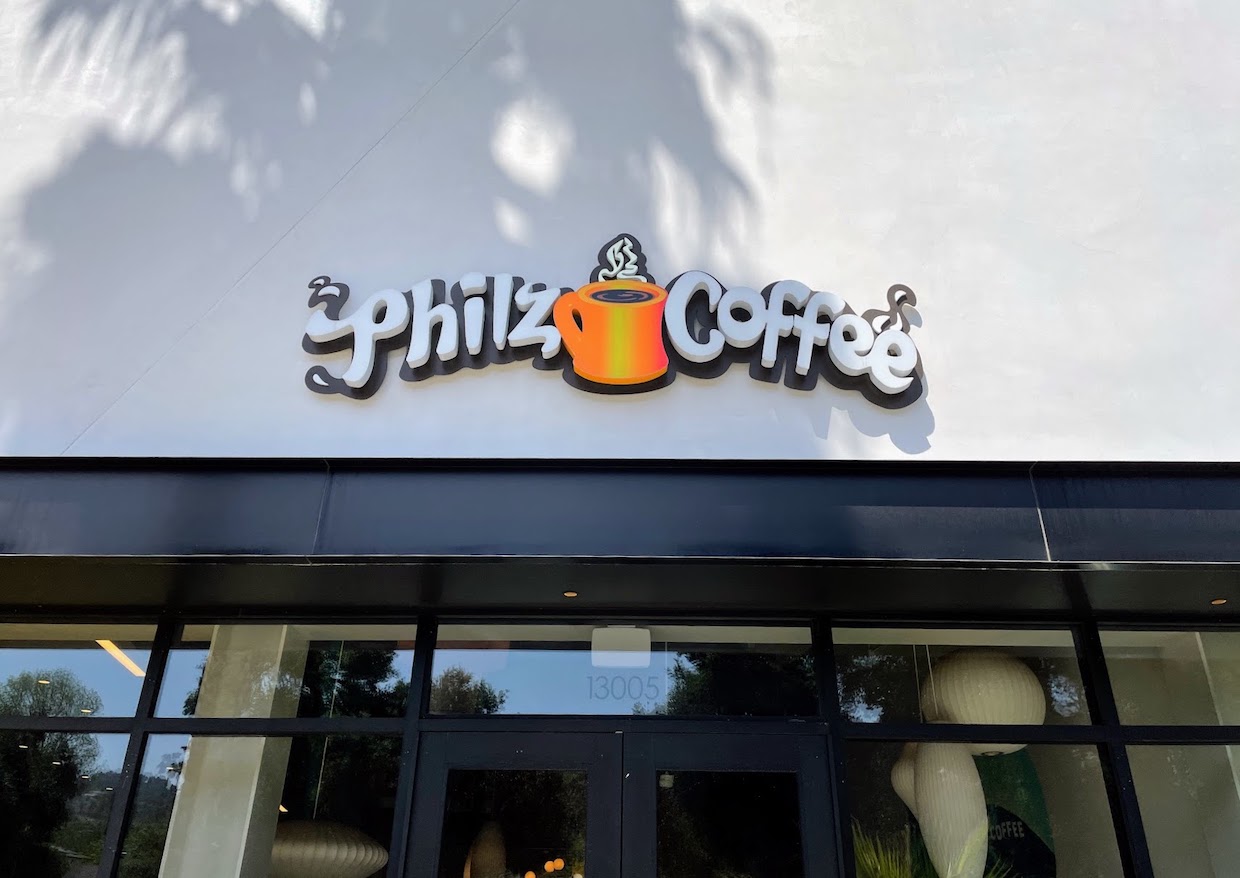San Francisco independent coffee institution Philz Coffee is in the process of selling its business to the private equity firm Freeman Spogli & Co. for $145 million, as first reported by Mission Local.
According to the report, which cited documents shared with Philz stakeholders, the deal would result in the cancelation of common stock held by employees. The deal would also involve payouts for board members, including founder and former CEO Phil Jaber, his son Jacob Jaber and current CEO Mahesh Sadarangani.
Philz did not respond to DCN’s request for comment. The deal is expected to close Aug. 8, according to the report.
Freeman Spogli & Co., a Los Angeles-based firm that manages 10 funds, has investments in dozens of companies, including Petco, Piggly Wiggly, Boot Barn, Advance Auto Parts and Arhaus.
The deal would follow nearly a decade of private investment-fueled growth of Philz Coffee, combined with some recent indications of financial troubles.
In 2013, Philz received a $15 million investment deal with Summit Partners, which was comparable in scope to the $20 million deal made by fellow San Francisco coffee chain Blue Bottle Coffee around the same time. Two years later, the company inked another $15 million investment deal, with backing from celebrities such as Jonah Hill and Snoop Dogg, with eyes on nationwide expansion.
In 2016, the company closed a $45 million Series C round that brought numerous new board members and resulted in at least $75 million in outside investments in less than three years.
By 2023, Philz announced it was pulling out of the Washington D.C. market, citing “business conditions.” Also, in late 2023, Philz closed its original, iconic location in San Francisco’s Mission District, citing a “difficult decision” not to renew a lease.
Philz Coffee grew out of that location at 24th and Folsom, which was run by Palestinian immigrant Phil Jaber. With hodgepodge furniture, scrawled chalk signs, walls awash in murals and vintage posters from the company’s past, the shop became an iconic example of San Francisco counterculture and of 20th-century bohemian coffee shop culture.
The company currently operates approximately 70 stores, with California being the largest market.
Comments? Questions? News to share? Contact DCN’s editors here. For all the latest coffee industry news, subscribe to the DCN newsletter.









